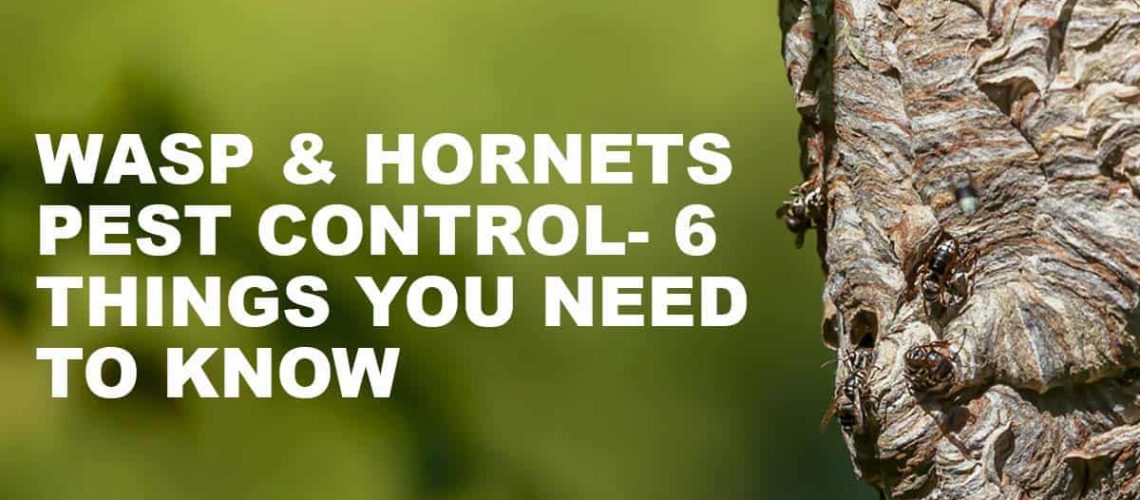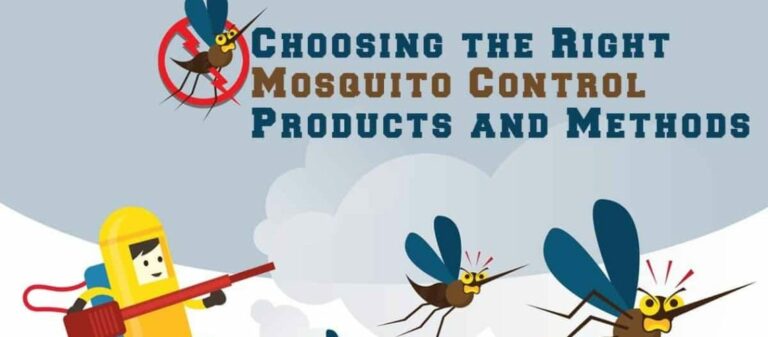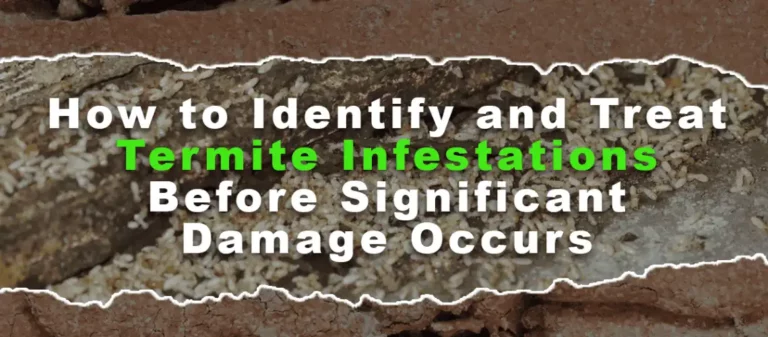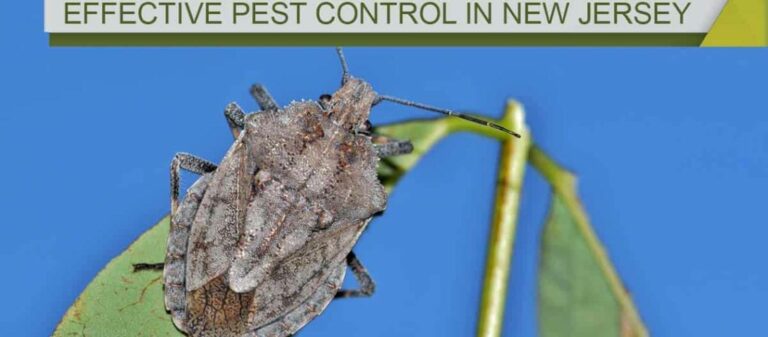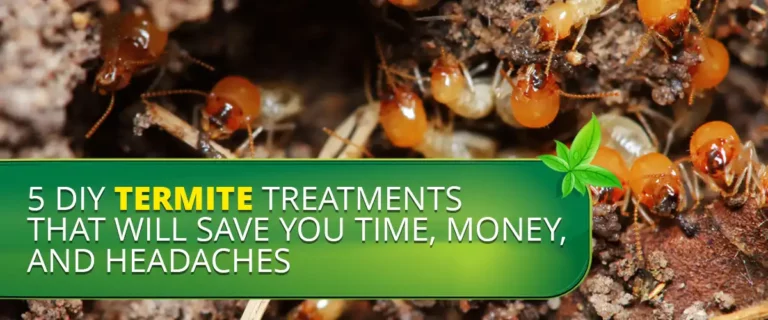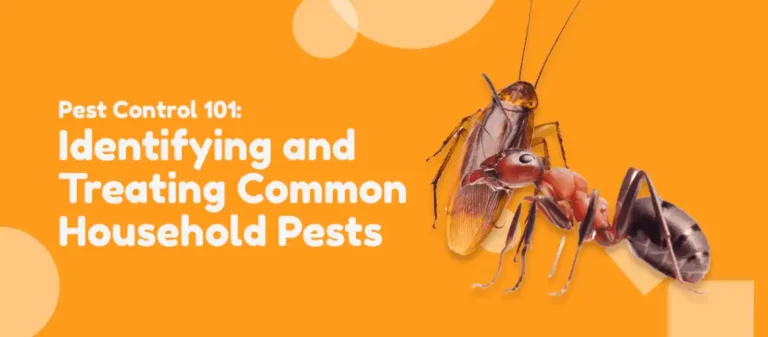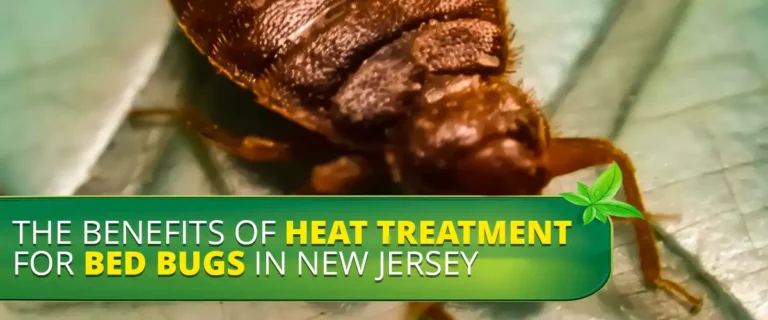Summer is here, and you know what that means – long, hot days spent lounging outside, barbecues with friends and family, and, unfortunately, pesky insects. Wasps and hornets can damper any outdoor fun, even worse, inside your home. Don’t worry, though – with some knowledge and some easy steps, you can keep these pests at bay. This blog post will explain the six things you must know about wasp and hornet pest control.
1. Know the difference between wasps and hornets.
While the terms are often used interchangeably, hornets are a type of wasp. Hornets are giant and have a distinct black-and-white or black-and-yellow coloring, while wasps are typically smaller and more colorful. Identifying which type of insect you have will help you determine the best course of action for pest control.
2. Locate the Wasp and Hornet nests.
Once you know which type of insect you’re dealing with, it’s time to find its nest. Wasps and hornets typically build their nests in protected spots, such as under eaves, behind shutters, or in trees. Do not attempt to remove the nest yourself – this can be dangerous and cause the insects to become aggressive.
3. Call a professional.
Regarding wasp and hornet pest control, it’s always best to call the experts. Professional pest control companies have the tools and knowledge to safely and effectively remove nests and prevent future infestations. They’ll also be able to determine if any other pests may be attracting the wasps and hornets.
However, worry not. The wasp and hornet pest control industry professionals are here to help. So, let us peek into how professionals do wasp and hornet pest control to ensure we don’t have to worry about these stinging insects.
Identification
A pest control professional’s first and foremost responsibility is to identify the species of wasp or hornet in the area. These species differ in behavior, color, type of nest, and the control method required to be specific to the species. An expert in the field can quickly identify the species and recommend the best approach.
Containment
The exterminator will also find the nest’s location and check its size and placement. If the nest is small, they may use a specialized vacuum to remove it entirely. They may recommend sealing off the area or restricting entry if the nest is more significant and in a room with much foot traffic. Sometimes, they may have to remove wall parts or cut pipes to reach the nest.
Treatment
After identifying the nest’s location, the professional will determine the most effective and least harmful treatment method. Sometimes, they may use insecticides or dust injected into the nest. After treatment, the exterminator will monitor the area to ensure the nest is entirely gone and no new signs of wasp or hornet activity.
Wasp and Hornet Prevention
Finally, the pest control professional will recommend steps to prevent future infestations. These steps may include darkening the areas where the insect infestations occur, recommending certain types of exterior lighting, and keeping shrubs and bushes away from home. They may also recommend placing wasp traps strategically and suggest using citronella candles or essential oils to repel insects.
In conclusion, competent wasp and hornet pest control professionals are essential in ensuring homeowners and property owners are safe and secure from these stinging insects. Their duties range from identifying species, containing and removing nests, treatment, and preventing future infestations.
These experts know all about insects and specialize in identifying the source of the problem and using the appropriate methods to eliminate the infestation without causing harm to the environment, pets, or humans. So next time you see angry-looking hornets buzzing around your yard, you know the professional help you need to ensure your family and home stay safe.
4. Keep your home and property clean.
Wasps and hornets are attracted to sweet smells and food, so keeping your property tidy and clean is essential. Ensure trash cans have tight-fitting lids and clean up spilled food or sugary drinks. Also, check for any sources of standing water, as this can attract wasps and hornets.
5. Use preventative measures.
You can do a few things to prevent wasps and hornets from setting up shop on your property in the first place. Hang fake nests in areas where you’ve had nests in the past – this can trick the insects into thinking the site is already taken. Additionally, plant herbs such as rosemary or mint, as these are known to repel wasps and hornets.
6. Be cautious.
You must remain calm and cautious if you encounter a wasp or hornet. Do not swat at the insect – this can cause it to become more aggressive. Instead, move away slowly and calmly. If you feel particularly threatened, seek shelter in a nearby building or vehicle.
So there you have it – the six things you need to know about wasp and hornet pest control. Remember, it’s always best to call a professional when dealing with an infestation. In the meantime, keep your property clean and tidy, use preventative measures, and remain cautious when dealing with these pests. With some knowledge and easy steps, you can ensure your summer is wasp and hornet-free.

